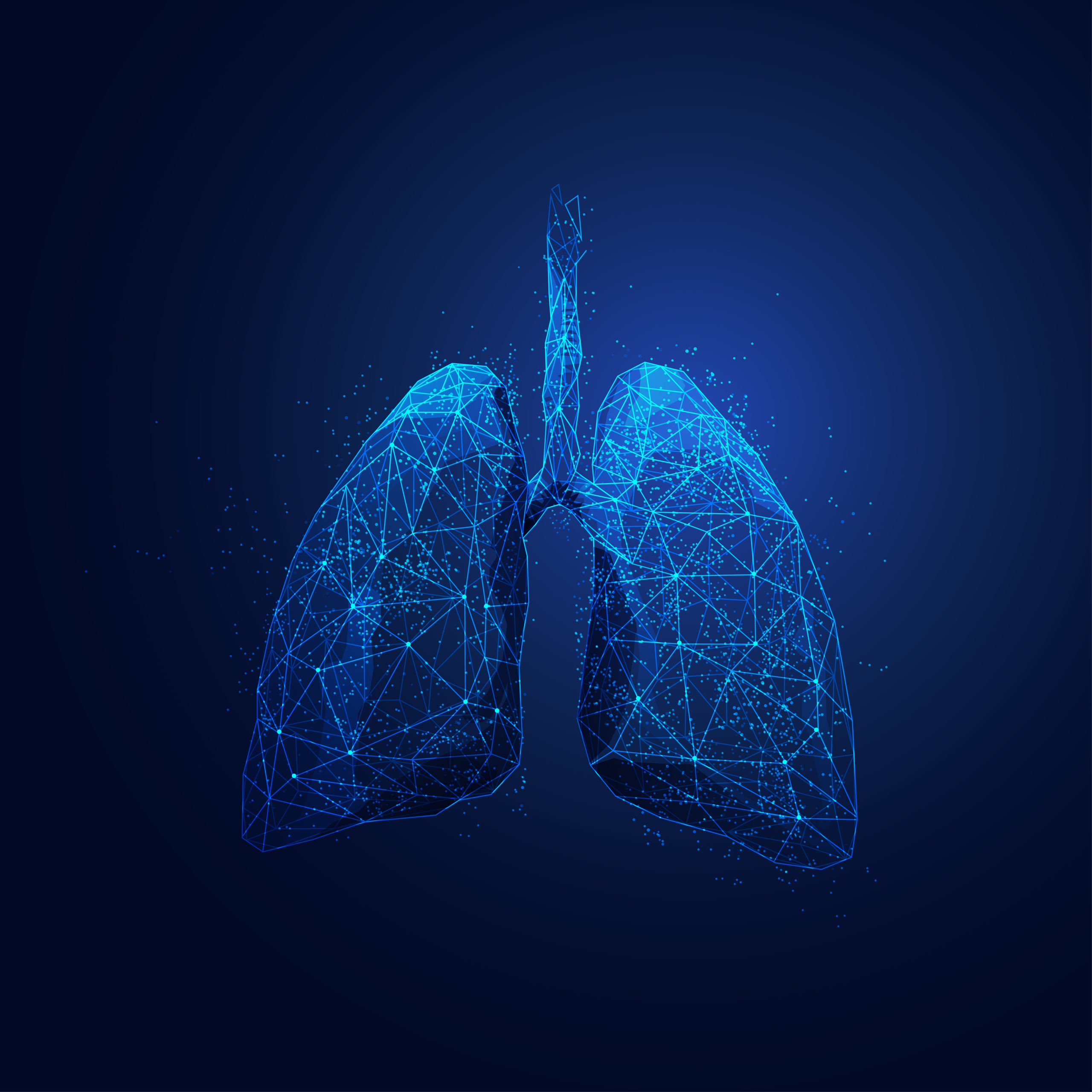-

New Medical Student Reflects on His First Week at Feinberg
Erick Masias, a first-year medical student, reflected on his first week at Feinberg and shared what he’s looking forward to over the next four years.
-

Uncovering Similarities Between Prostate Cancer Genomes
Genomic alterations in prostate cancer therapeutic targets were found to be similar between African American and European American men, suggesting that existing precision medicine approaches could equally benefit both groups if applied equitably, according to a recent study.
-

Northwestern Takes on COVID-19 Antibody Testing
At Northwestern Medicine, various COVID-19 antibody testing efforts have been underway since the beginning of the pandemic.
-

Assessing Risk Factors in Critically Ill COVID-19 Patients
Certain factors are associated with increased risk of death in critically ill COVID-19 patients, according to recent Northwestern Medicine studies.
-

Drug Proves Ineffective in Slowing Diabetic Kidney Disease
A drug commonly used to reduce serum urate levels proved ineffective in slowing disease progression in patients with diabetic kidney disease, according to a recent study.
-

Uncovering the Genetic Link Behind the Development of COPD
A Northwestern Medicine study found that inducing inflammation in lung epithelial cells contributes to the development of chronic obstructive pulmonary disease.
-

First-year Students Welcomed to Campus
When the 160 students of the Class of 2024 stepped onto campus in August, they entered a new world of medical education.
-

Heart Failure, Hypertensive Deaths Rise in Black Women and Men
Deaths due to heart failure and hypertensive heart disease are increasing in the U.S. — particularly in Black women and men — despite medical and surgical advances in heart disease management, according to a new Northwestern Medicine study.
-

Exploring an Iron-based Alternative to Chemotherapy
Iron nanoparticles could be one day used to attack cancer cells, according to a recent Northwestern Medicine study.
-

New Machine-learning Method to Identify Chromatin Loops
A machine-learning program called Peakachu can reveal previously unknown chromatin loops, according to a Northwestern Medicine study published in Nature Communications.
-

AI-Enhanced Approach Offers New Hope for Earlier Autism Diagnoses
A Northwestern Medicine scientist and collaborators have used an AI-enhanced precision medicine approach to combine multiple views of human brain development as they seek to provide a roadmap for what causes subtypes of autism spectrum disorder.
-

Inter-Organelle Contact Drives Calcium Transfer
Inter-organelle contacts drive calcium transfer from lysosomes to mitochondria, findings that lay out a possible therapeutic blueprint for neurological disorders.
-

New Leadership in Medical Education
Diane B. Wayne, MD, has indicated that she would like to step down as vice-dean for medical education; Marianne Green, MD, will succeed her. Sandra Sanguino, MD, MPH, has been named senior associate dean for Medical Education, and Joshua Goldstein, MD, has been elevated to senior associate dean for graduate medical education.
-

Analyzing Plasma Can Classify Brain Tumors
Measuring epigenetic signatures in blood plasma could help classify brain tumors, according to a study published in Nature Medicine.
-

New Center Tackles Primary Care for Older Adults
Northwestern Medicine will launch an Older Americans Independence Center, joining a network of centers across the country that investigate ways to maintain or restore independence in older adults.
-

Davis Named Chair of Pediatrics
Matthew Davis, MD, a pediatrician and internist with a focus on family health and community impact, has been named chair of the Department of Pediatrics at Feinberg and Ann & Robert H. Lurie Children’s Hospital of Chicago.
-

Students Share Perspective on Inclusion Task Force
Maya Jackson-Gibson, a fourth-year medical student, and Warren McGee, a fourth-year student in the Medical Scientist Training Program, reflect on their time on Feinberg’s Task Force on Inclusion and Bias.
-

Scientists Develop New Method to Trace Cell Lineage
Northwestern Medicine scientists have developed a novel cell lineage tracing method that can better determine the origin of mammalian neuron populations from progenitor cells.
-

Prioritizing Health Equity
As health inequities affect vulnerable populations, healthcare organizations must shift to a health equity centered, population health approach, according to a recent position paper from the National Academy of Medicine.
-

Northwestern Hospitals Among the Best in Latest U.S. News Rankings
Four Northwestern Medicine hospitals have been recognized by U.S. News & World Report in its 2020-21 Best Hospitals rankings, with Northwestern Memorial Hospital named among the top 10 hospitals in the U.S.






